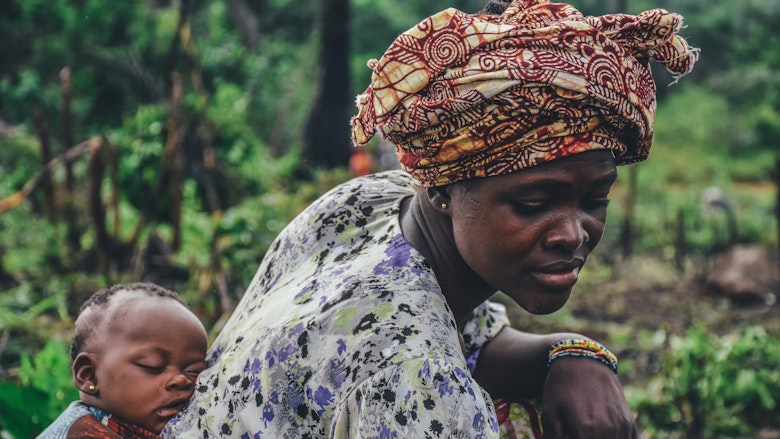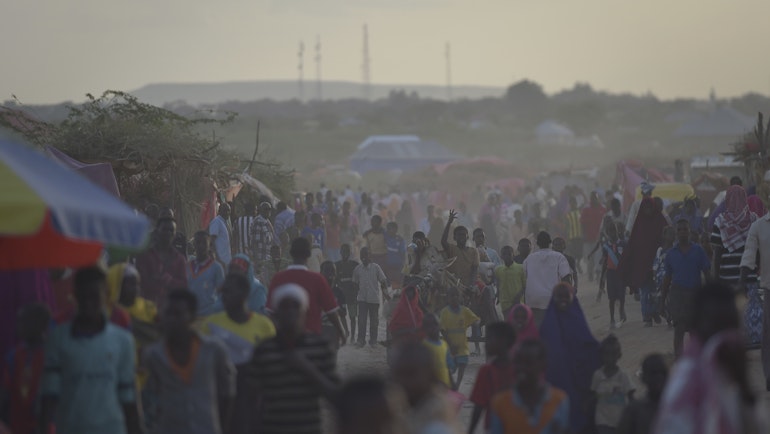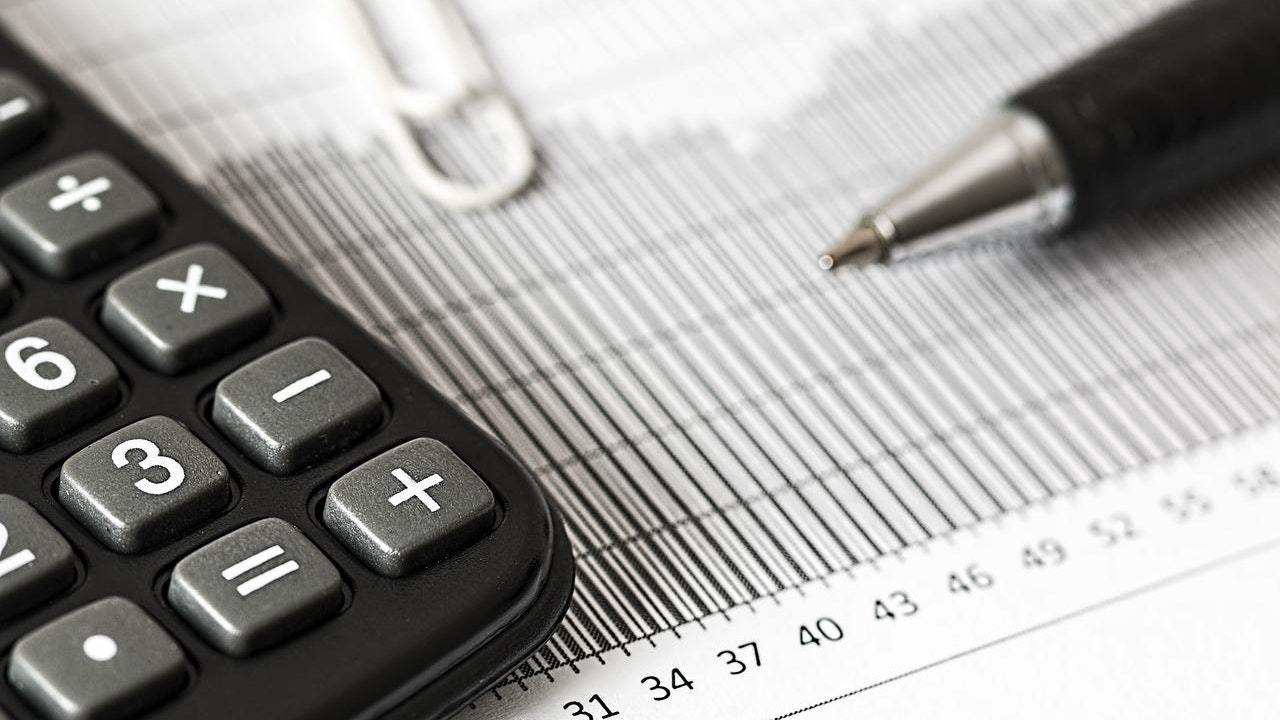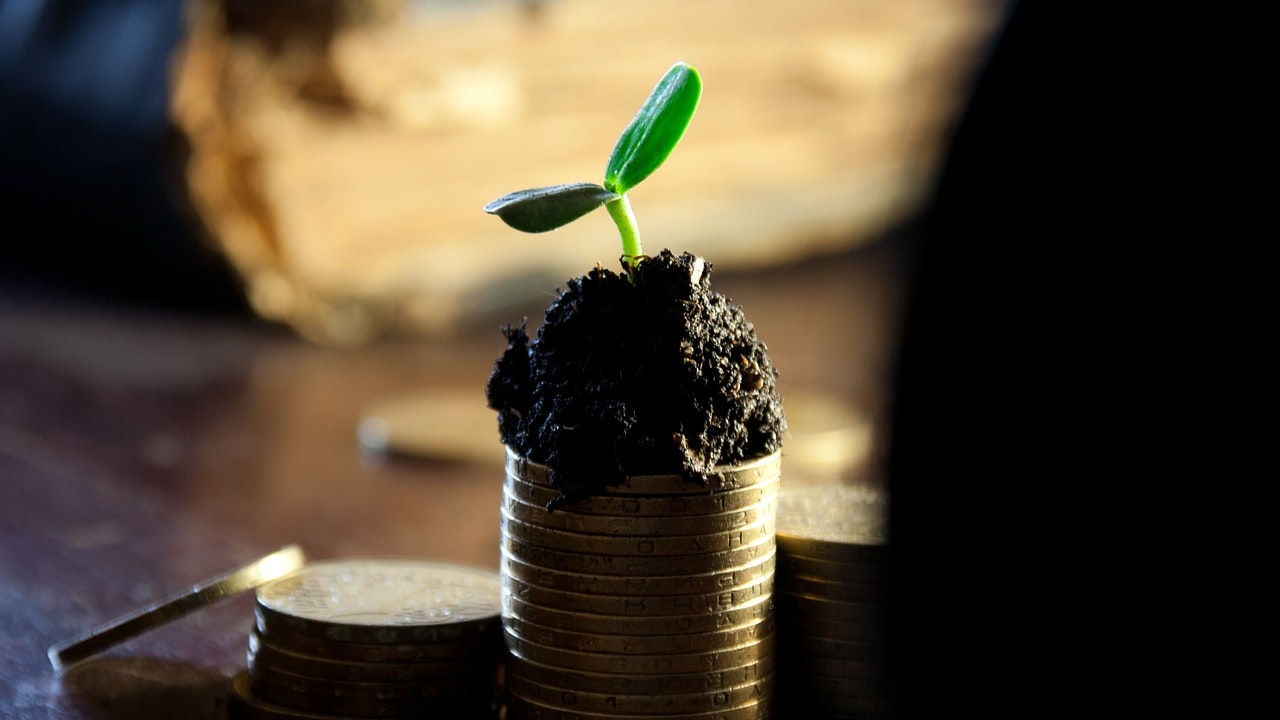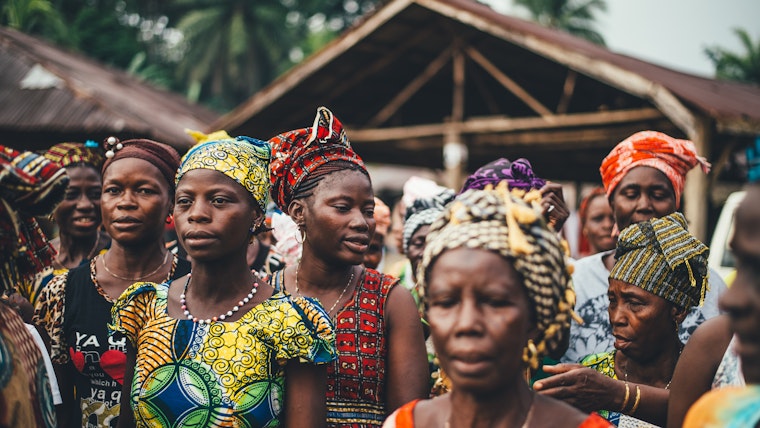
‘The future of economic growth and sustainable development on the continent is female, and targeted intervention in this sector generates the biggest bang for the development dollar.’
Chiedo Nwankwor, Vice dean for education and academic affairs, SAIS.
Africa’s agricultural sector continues to attract interest and investment in equal measure, as advances in technology opens up enticing new markets and materials.
From small farm cocoa production, to baobab tree fruit and shea butter, global demand for African produce has never been higher, perpetuated by new uses and increased promotion.
The difference is that women who harvest these precious resources are now becoming central to the business proposals, as the benefits of addressing long-standing inequality are becoming clearer.
This investment strategy has the potential to positively impact on women's economic empowerment, taking another step towards achieving gender equality while addressing the structural barriers restricting women's socioeconomic opportunities.
From their ability to participate equally in existing markets, and access to and control over productive resources, to access to decent work, and control over their own time, lives and bodies, the importance of women’s economic independence cannot be overstated.
Giving women autonomy and more control of their working life gives them a voice, greater agency and meaningful participation in economic decision-making at all levels, from the household to international institutions.
Investment, Injection, Independence
‘My business makes me feel more respected at home. Today I am a financially stable woman, with savings, who contributes to household expenses and the education of my children’.
Teresa Gala, business woman and member of the Tambara Women's Association.
When more women work, economies grow. The statistics speak for themselves; women’s economic empowerment boosts productivity, increases economic diversification and income equality in addition to other positive development outcomes.
International partners including the U.S. are working with African states to advance the status of women and girls, not just for the sake of human rights, but also to tackle poverty and promote sustainable economic growth.
The U.S. International Development Finance Corporation (DFC) has invested more than 358$ million in projects focused on businesses owned by women, led by women, or empowering women.
Investments include support for innovative entrepreneurship approaches, including:
● An equity investment up to $15 million equity in the Norrsken22 Africa Fund, a women-led fund investing in high-impact technology companies across Africa, which will support entrepreneurship and technological advancements in finance, medicine, and education.
● A $20 million loan to One Acre Fund will provide financing for agricultural inputs, aiming to increase farm yields in Sub-Saharan Africa, with a strong focus on female farmers
● The $25 million investment in the Uhuru Growth Fund I-A, which will provide much-needed growth capital to small and medium-sized enterprises in West Africa, including women-led businesses.
Shea Butter Success
Global demand for shea butter is booming and set to exceed $3.5 billion by 2028. While shea butter has been a cooking staple in Africa for centuries, it’s also increasingly a major ingredient in lotions, moisturisers, and the food industry.
Known as ‘women’s gold’, shea butter has been an important source of income dating back as far as the 1300s, primarily for women living in remote villages. Today, approximately 16 million women work in the shea butter industry across Africa.
Women are the heart of this industry, ensuring fruit collection on private or community land, either individually or as part of women’s associations or unions. Often, local nut processing activities are also assigned to women. They hold the knowledge on how to store, dry, and crush the nuts to remove the kernel.
This core relationship has not gone unnoticed by international partners. USAID’s investment strategies include access to loans and programs to support women and help them to acquire the technology to enable them to seize the more profitable segments of the value chain and play a more dominant role in this industry.
Programmes have also been financed to teach women how to improve existing practices, leading to an increase of expendable income, without relying on the help of their children to make ends meet. This can give women a sense of security that makes it easier for them to invest in, and feel more in control of, their own future.
Many organisations, such as the Mozambican Ministry of Gender, Children and Social Action, have voiced the societal benefits of the shea butter industries; the reduction of stress in family relationships and opportunities for women to re-enter the workforce. In Nigeria studies have also shown that the children of working women are far more likely to complete their education and attend university.
Female Farming Future
More women than ever before are now getting the kind of precise support they need to take advantage of their skills to become more autonomous and prosperous.
By delivering long-term funding, alongside technology and education access, international partners are demonstrating their commitments to making these relationships work, thereby ensuring the sustainability of these projects.
